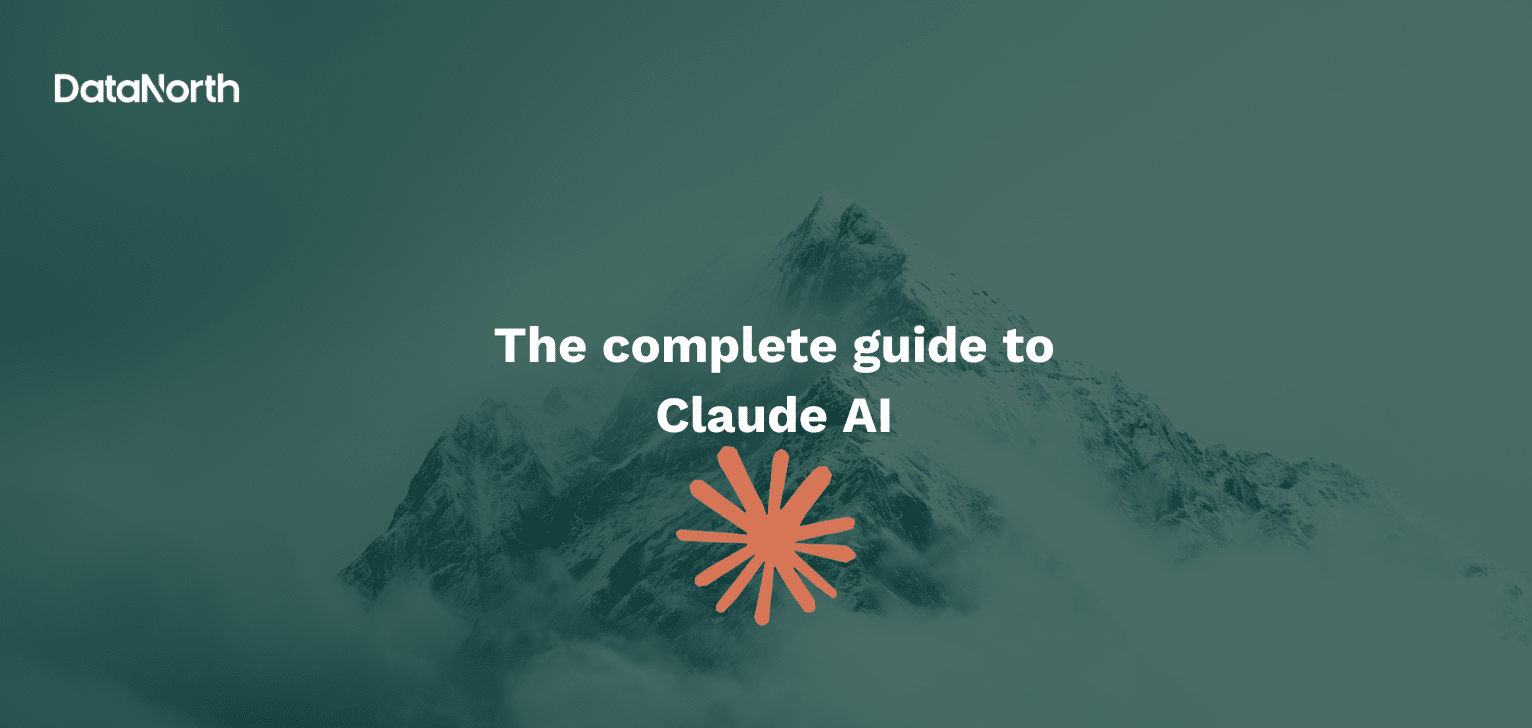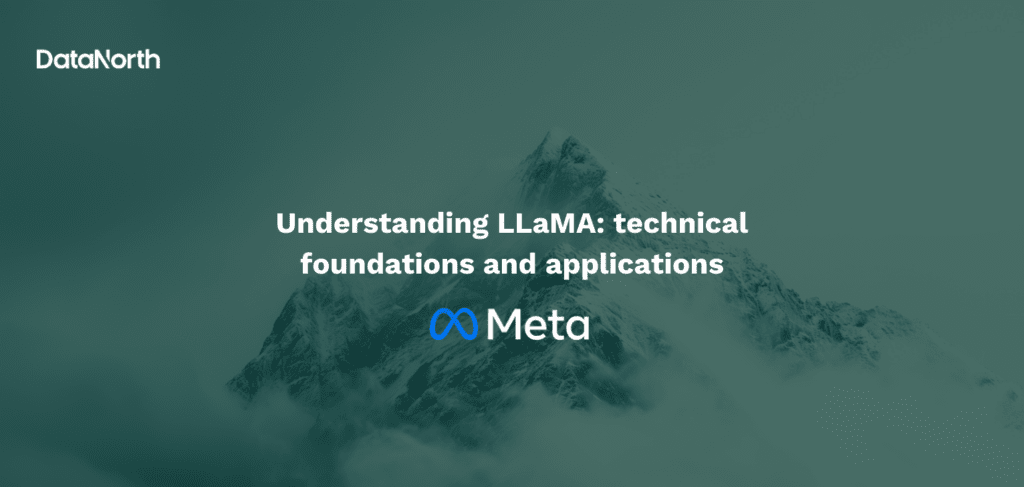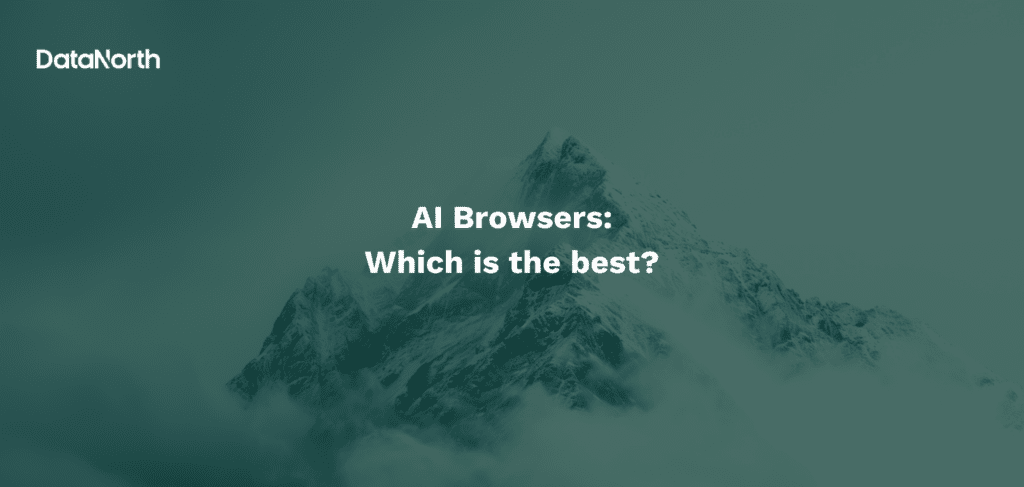Claude AI has emerged as one of the most compelling alternatives in the artificial intelligence landscape. It offers a unique combination of safety-focused design, enterprise-grade performance, and accessible tools for individuals. Anthropic (the company behind Claude) was founded in 2021 by former OpenAI researchers and siblings Dario and Daniela Amodei, this American AI company has rapidly positioned itself as a leader in responsible AI development. Amazon invested a total of $8 billion in Anthropic through 2024, with Google contributing $2 billion, establishing Claude as a major player in the AI industry. For users evaluating AI implementation strategies, whether for personal productivity, creative projects, academic work, or business applications. Claude represents a shift toward safe, transparent, and ethically-aligned artificial intelligence solutions. In this article we dive deeper into Claude AI, explaining what it is, how to get started, the benefits and limitations, how it compares to competitors and what the future of Claude AI looks like.
What is Claude AI?
Claude AI specializes in developing high-performance large language models with a fundamental commitment to safety and ethical alignment. Unlike competitors that rely primarily on human feedback, Claude implements Constitutional AI, a different approach that embeds explicit ethical principles directly into the model’s training process. This framework guides Claude to be helpful, honest and harmless by design, making it suitable for everything from personal creative writing to regulated enterprise applications.
The Constitutional AI framework draws from sources including the UN Declaration of Human Rights, trust and safety best practices, principles from other AI research labs like DeepMind’s Sparrow, and efforts to capture non-western perspectives. This diverse foundation ensures Claude’s ethical framework reflects broad human values rather than narrow cultural perspectives.
The company’s flagship offerings include:
- Claude Opus 4.1 for maximum intelligence and complex reasoning,
- Claude Sonnet 4.5 for balanced performance and speed,
- Claude Haiku 3.5 for rapid, cost-effective responses.
These models utilize transformer architecture combined with the constitutional AI training, enabling sophisticated performance with enhanced safety guardrails. What makes Claude particularly significant is its extended context capabilities. Claude reports that Sonnet 4 and 4.5 standard support 200k and experimentally up to 1 million tokens. This equals approximately 75,000+ lines of code or 2,500+ pages of text. This enables a user to process entire codebases, novels, research papers, or extensive documentsets in a single request. Besides that Claude supports 95+ languages with strong multilingual reasoning capabilities, which makes them suitable for global users.
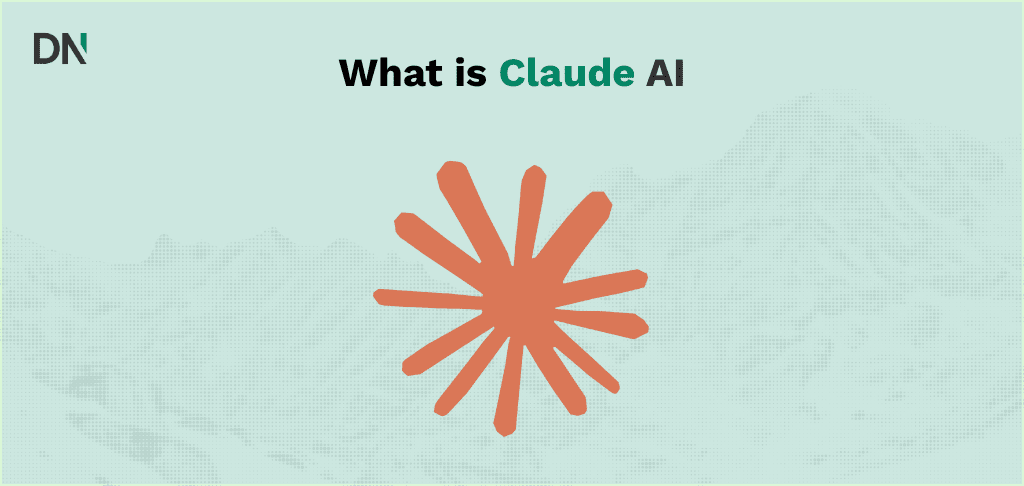
Getting started with Claude AI
Setup and authentication
Setting up Claude begins by creating an account at console.anthropic.com. The platform offers multiple access levels depending on your needs:
- Free tier access through claude.ai for casual users,
- API access for developers,
- Specialized plans for:
- Students
- Teams
- Enterprises
For API access, you’ll need to activate billing information with a minimum $5 credit purchase to enable API key generation, though new accounts with phone verification often receive $5 in free credits. The API key follows a secure format (starting with sk-ant-) and is only shown once during creation. Store this securely using environment variables or a password manager.
Making your first API call to Claude AI
Once you have your API key, you can start making requests to Claude’s models. Below is a Python example using the official Anthropic client. In this example we ask the model Sonnet 4 to return an explanation of quantum computing in simple terms:
import os
from anthropic import Anthropic
api_key = os.environ["ANTHROPIC_API_KEY"]
client = Anthropic(api_key=api_key)
response = client.messages.create(
model="claude-sonnet-4",
messages=[
{"role": "user", "content": "Explain quantum computing in simple terms"}
]
)
print(response.content[^0].text)
Claude pricing
Claude offers multiple deployment options to suit different user needs:
| Plans | Pricing | Key features | Use cases |
| Free tier | Free | Access to Claude 3.5 Sonnet through claude.ai with daily usage limits | Personal exploration, learning, and light usage |
| Pro plan | $20/month ($204/year annual) | 5x more usage, priority access during peak times, early feature access | Daily users, professionals, creators |
| Max plans | $100-$200/month | Highest usage limits for individual users | Power users with intensive daily needs |
| Education access | Specialized pricing for institutions | Learning mode, critical thinking tools, university partnerships | Students, faculty, educational institutions |
| Team Plan | $30/user/month (min. 5 users) | Centralized billing, collaboration features, shared knowledge bases | Small to medium teams |
| Enterprise | Custom pricing | SSO, SCIM, audit logs, enhanced security, compliance tools | Large organizations requiring governance |
| Cloud platform integration | Variable | Available on Amazon Bedrock and Google Vertex AI | Organizations with specific cloud infrastructure preferences |
Benefits of Claude AI
Constitutional AI and safety-first design
Claude’s primary advantage lies in its Constitutional AI framework which we mentioned in the beginning of this article, a unique training methodology that embeds ethical principles directly into the model’s behavior.
Extended context
Claude’s extended context window enables processing entire manuscripts, codebases, or document sets in single interactions while maintaining coherence
Natural and conversational interactions
Claude excels at producing natural, human-like text that adapts to different tones and styles. Whether you need formal business communication, casual creative writing, technical documentation, or educational explanations, Claude adjusts its output appropriately. Many users report that Claude feels more conversational and less “robotic” than competing AI assistants, making it particularly effective for brainstorming, writing assistance, and extended dialogues.
Coding and technical capabilities
Claude Sonnet 4.5 delivers impressive benchmarks. The model achieved a state-of-the-art 77.2% score on SWE-bench Verified, a comprehensive evaluation measuring real-world software coding abilities. Perhaps most remarkably, the model can maintain focused operation for more than 30 hours on complex, multi-step tasks, compared to its predecessor Claude Opus 4’s seven-hour limit.
Downsides of Claude AI
Closed architecture and limited customization
Unlike open-source alternatives such as Mistral AI, Claude’s models are proprietary and closed-source. Users cannot access model weights, perform unlimited fine-tuning, or deploy models entirely on their own infrastructure without cloud dependencies. This limitation affects both individuals seeking complete control and enterprises requiring strict data residency.
Occasional over-cautious behavior
Claude’s safety guardrails, while beneficial for preventing harmful outputs, can sometimes result in over-cautious responses. The model may refuse legitimate creative writing requests involving violence or intimacy, decline to engage with certain political topics, or require careful prompting to discuss sensitive but important subjects. Some users find this conservative filtering frustrating when working on fiction, academic research, or nuanced discussions that require exploring difficult themes.
Usage limits and rate restrictions
Free tier users face daily message limits that can interrupt workflows during intensive use periods. Pro plan subscribers experience hourly usage caps that reset periodically, which can disrupt extended sessions. These limitations are particularly noticeable when working with the extended context window or processing large documents, as these consume usage quotas more quickly.
Context and reasoning limitations
While Claude performs exceptionally well across general tasks, it can struggle with highly specialized domain knowledge, complex multi-step reasoning in unfamiliar contexts, or queries requiring very recent information beyond its training cutoff. The model may occasionally produce confident-sounding but inaccurate responses (hallucinations), particularly when pushed beyond its training domain. Human validation remains essential for critical applications.
What to use Claude for?

Creative writing and content creation
Claude has become a popular tool for writers, bloggers, and content creators. Users leverage Claude for brainstorming story ideas, developing characters, drafting articles, overcoming writer’s block, and receiving feedback on their work. The platform can adapt to specific writing styles and tones, making it effective for everything from social media captions to long-form fiction.
Education and learning
Claude for Education has been adopted by universities worldwide to support student learning and faculty teaching. Students use Claude for drafting literature reviews, working through calculus problems with step-by-step guidance, analyzing complex concepts, and receiving feedback on thesis statements. The specialized “learning mode” encourages critical thinking by asking guiding questions rather than providing direct answers. Research shows that students primarily use Claude for creating educational content and analyzing concepts, higher-order cognitive functions on Bloom’s Taxonomy.
Software development and coding
Claude Sonnet 4.5 in Claude Code transforms development workflows for professional engineers, students, and hobbyists. Users leverage it for automated code generation, debugging, multi-file refactoring, explaining unfamiliar APIs, and generating technical documentation. The model’s understanding of multiple programming languages and ability to maintain context across thousands of lines makes it particularly effective for large projects. Many developers report significant productivity gains when using Claude for routine coding tasks and learning new technologies.
Personal productivity and planning
Individuals use Claude for daily productivity tasks including drafting emails, creating to-do lists, planning travel itineraries, managing personal knowledge bases, and organizing notes. The extended context window enables Claude to maintain information across lengthy conversations, making it effective for journaling, goal-setting, budget planning, and long-term project management. Users appreciate Claude’s ability to remember details from previous exchanges within a session and provide consistent assistance.
Research and data analysis
Researchers, students, and analysts use Claude for literature reviews, data analysis, report generation, and comprehensive summarization of technical materials. Organizations like Pfizer use Claude to accelerate research and delivery timelines, while individual researchers leverage it for synthesizing information from multiple sources, identifying patterns, and generating well-structured academic writing.
Business and enterprise applications
Organizations leverage Claude for document processing, customer service automation, business intelligence, and operational efficiency. Companies like Intuit use Claude to explain complex tax calculations for millions of users, while businesses implement Claude for contract review, regulatory compliance, automated reporting, and knowledge management systems.
Competitor comparison
| Feature | Claude AI | Mistral AI | OpenAI GPT-5 | Google Gemini |
| Pricing (input/output per 1M tokens) | $15/$75 (Opus 4.1) | $2/$6 (Large) | $30/$60 | $1.25/$10 (Pro) |
| Open source | No | Yes (Apache 2.0) | No | No |
| On-premises deployment | No | Yes | No | Limited |
| Context window | 200K tokens default. 1M tokens beta | 128K tokens | 128K tokens | Up to 10M tokens |
| Multilingual support | 95+ languages | 15+ languages | Strong | Strong |
| MMLU score | ~85% (Opus) | 81% (Small 3.1) | 86.4% | 85%+ |
| SWE-bench (coding) | 72.5-77.2% | 88.4% (Small 3.1) | Variable | Variable |
| Data sovereignty | Cloud only | Full control | Cloud only | Cloud only |
| Custom fine-tuning | Limited | Unlimited | Limited | Limited |
| Free tier | Yes | Limited | Yes | Yes |
| Education focus | Yes | No | Limited | Limited |
| Multimodal capabilities | Yes (vision) | Yes (Pixtral) | Yes | Yes |
The fundamental difference between Claude and its competitors lies in the Constitutional AI approach,. While OpenAI’s GPT-4 typically leads in raw benchmark performance and ecosystem maturity, Claude achieves competitive results with superior safety guarantees.
Mistral AI provides the opposite trade-off: complete open-source control and on-premises deployment at lower costs, but requires significantly more technical expertise and infrastructure investment. Claude’s closed architecture may limit customization, but it delivers powerful capabilities with minimal technical requirements, suitable for everyone from students to enterprises.
Google Gemini offers the longest context windows (up to 10M tokens) and deep integration with Google services.
Future outlook and roadmap for Claude
Model development and capabilities expansion
Anthropic’s roadmap includes continued expansion of Claude’s capabilities with focus on advanced reasoning, extended thinking modes, and improved multimodal understanding. The recently released Claude 4 family demonstrates Anthropic’s commitment to pushing frontier model capabilities, with extended thinking allowing Claude to reason through complex problems before responding. Future developments will likely focus on increasing the context windows, more sophisticated tool use, improved memory capabilities across sessions, and enhanced agentic workflows that enable Claude to handle complex multi-step tasks autonomously.
Market expansion
Approximately 80% of Anthropic’s revenue comes from enterprise clients, though the company continues expanding consumer and education offerings. This growth reflects increasing adoption across diverse user segments, from individual creators to Fortune 500 companies.
Educational partnerships and accessibility initiatives
Claude for Education continues expanding with new university partnerships and enhanced learning features. The platform’s specialized learning mode and academic tools demonstrate Anthropic’s commitment to supporting education at scale. Future developments will likely include more sophisticated pedagogical features, deeper integration with learning management systems, and expanded access programs for students and researchers worldwide.
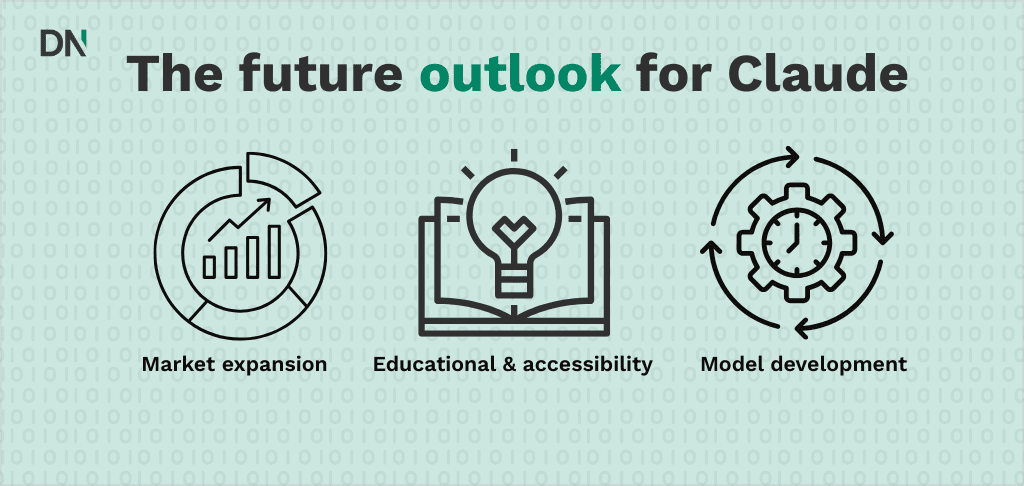
How to get started with Claude AI?
Optimizing your usage
Invest time in learning effective prompt engineering techniques to maximize Claude’s capabilities. The model responds best to clear, specific instructions with adequate context. For recurring tasks, consider using Claude Projects (available on Pro and higher plans) to maintain consistent context and instructions across multiple sessions. If you are looking for assistance with prompting effectively for Claude you can have a look at our Claude AI Workshop, or specifically for coding you can check out our Claude Code Workshop.
Scaling your implementation
For individual users, evaluate whether upgrading to Pro makes sense based on usage patterns. The 5x capacity increase and priority access typically justify the cost for users who rely on Claude daily for work, study, or creative projects.
For organizations, develop clear governance frameworks including data handling procedures, use case guidelines, output validation processes, and compliance requirements. Implement proper authentication and access controls, establish monitoring to track usage patterns and ROI, and provide training to ensure teams use Claude effectively and responsibly. At DataNorth we have guided many organizations with their implementation, so if you are looking for guidance you can visit our Claude Consultancy service
The choice to adopt Claude AI represents an opportunity to leverage sophisticated, safe, and accessible artificial intelligence across diverse applications, from personal creativity to enterprise operations. With proper exploration, thoughtful implementation, and ongoing optimization, Claude AI offers a compelling path toward more productive, ethical, and capability-rich AI-enhanced workflows for users at every level.

